Outstanding Recoveries
- Home
- Outstanding Recoveries
Verdicts & Settlements
Since Milberg’s founding in 1965, the firm has recovered more than $50 billion for our clients while prompting meaningful changes in corporate governance.
-
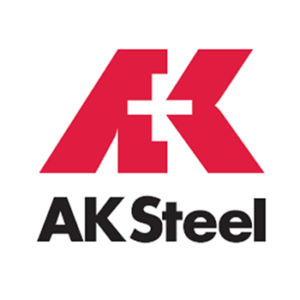 See More
See More$178.6 Million Settlement – AK Steel ERISA Class Action
Merkner et al. v. AK Steel Corp., No. 09-423 (S.D. Ohio)Milberg attorneys were part of a team that won a $178.6 million class action settlement for a class of retired workers of the AK Steel Butler Works Plant. Retirees claimed that AK Steel negotiated to reduce their medical benefits without their consent, in violation of the Employee Retirement Income Security Act (ERISA). -
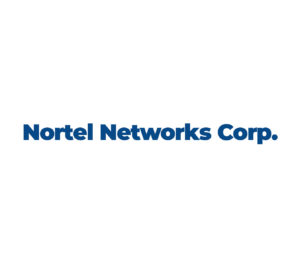 See More
See More$1.14 Billion Settlement – Nortel Networks Corp. Securities Litigation
In re Nortel Networks Corp. Securities Litigation, No. 01-1855 (S.D.N.Y.)Milberg served as Lead Counsel for the class and the court-appointed lead plaintiff, the Trustees of the Ontario Public Service Employees’ Union Pension Plan Trust Fund, in this federal securities class action. In January 2007, the court approved a settlement valued at more than $1.14 billion. -
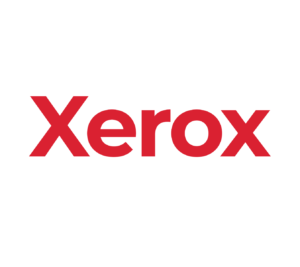 See More
See More$750 Million Settlement – Carlson v. Xerox Corp
In re Carlson v. Xerox Corp., No. 00-1621 (D. Conn.)Milberg served as plaintiffs’ Co-Lead Counsel in these consolidated cases alleging that Xerox and several officers violated the federal securities laws by issuing false financial statements. The plaintiffs’ claims survived three motions to dismiss and a motion for summary judgment, ultimately resulting in a $750 million settlement in 2009. -
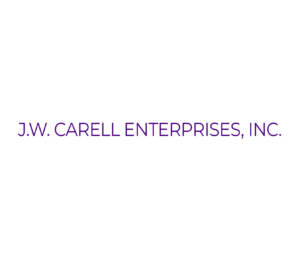 See More
See More$25 Million Settlement – U.S. ex rel. Gonzales v. J.W. Carell Enterprises, Inc.
U.S. ex rel. Gonzales v. J.W. Carell Enterprises, Inc. et al., No. 12-00389 (M.D. Tn.)Milberg represented a whistleblower or “relator” in a false claims act case against one of Tennessee’s largest home healthcare providers, which alleged the company’s fraudulent submissions of Medicare and Medicaid claims. The Government intervened and the case settled in November 2014 for $25 million and the relator’s share of the settlement was $3.9 million. -
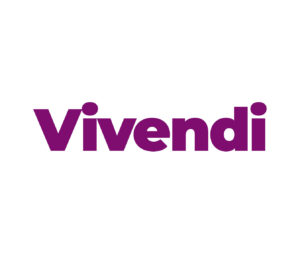 See More
See More$1 Billion+ Trial Verdict – Vivendi Universal, S.A. Securities Litigation
In re Vivendi Universal, S.A. Securities Litigation, No. 02-CV-5571 (S.D.N.Y.)Milberg was one of two Lead Trial Counsel in this securities fraud case tried to a jury over four months in 2009-2010. The jury found Vivendi liable for dozens of false or misleading statements and awarded damages valued at well over a billion dollars. Six months later, in an unrelated case, the Supreme Court ruled that purchasers on foreign securities exchanges could not recover under U.S. law. Our case against Vivendi continued with post-verdict proceedings under the new standard, and damages have been distributed to U.S. class members totaling over $100 million.
